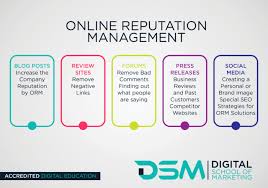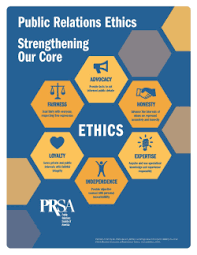Unlocking Success: Elevate Your Brand with Professional Social Media Content Creation Services
The Importance of Social Media Content Creation Services
Social media has become a powerful tool for businesses to connect with their audience, build brand awareness, and drive engagement. In today’s digital age, having a strong presence on social media is essential for any business looking to succeed.
One key aspect of a successful social media strategy is the creation of high-quality and engaging content. Social media content creation services play a crucial role in helping businesses develop content that resonates with their target audience and aligns with their brand identity.
Benefits of Social Media Content Creation Services:
- Professionalism: By utilising social media content creation services, businesses can ensure that their content is professional, well-crafted, and visually appealing. This helps to establish credibility and enhance brand image.
- Consistency: Consistent posting of high-quality content is vital for maintaining audience engagement on social media platforms. Content creation services can help businesses maintain a regular posting schedule and ensure that the content remains relevant and engaging.
- Targeted Approach: Social media content creation services can tailor content to specific target audiences, ensuring that the messaging resonates with the right people. This targeted approach can lead to higher engagement rates and better results.
- Creative Expertise: Professional content creators have the expertise and creativity to develop unique and compelling content that captures attention and drives action. Their fresh ideas and innovative approach can help businesses stand out in a crowded social media landscape.
Conclusion
In conclusion, social media content creation services are essential for businesses looking to maximise their impact on social media platforms. By investing in professional content creation services, businesses can enhance their online presence, engage with their audience effectively, and ultimately achieve their marketing goals.
6 Essential Tips for Effective Social Media Content Creation Services
- Understand your target audience to create relevant content
- Use high-quality visuals and engaging captions to capture attention
- Consistency is key – maintain a regular posting schedule
- Interact with your followers by responding to comments and messages
- Utilise analytics to track performance and adjust your strategy accordingly
- Stay up-to-date with trends and adapt your content to stay relevant
Understand your target audience to create relevant content
Understanding your target audience is a fundamental aspect of effective social media content creation services. By gaining insights into the demographics, preferences, and behaviours of your audience, you can tailor your content to resonate with them. Creating relevant content that addresses the needs and interests of your target audience not only increases engagement but also strengthens brand loyalty. When you understand who you are speaking to, you can craft messages that are meaningful and impactful, ultimately driving better results for your social media efforts.
Use high-quality visuals and engaging captions to capture attention
When utilising social media content creation services, it is crucial to incorporate high-quality visuals and engaging captions to capture the audience’s attention effectively. Compelling visuals paired with captivating captions can create a powerful impact, drawing users in and encouraging them to engage with the content. By focusing on creating visually appealing graphics and crafting engaging captions that resonate with the target audience, businesses can enhance their online presence and drive higher levels of interaction on social media platforms.
Consistency is key – maintain a regular posting schedule
Maintaining a regular posting schedule is crucial when it comes to social media content creation services. Consistency is key in keeping your audience engaged and connected to your brand. By posting regularly, you can build anticipation, establish a reliable presence, and ensure that your content remains visible to your followers. A consistent posting schedule also helps in establishing credibility and trust with your audience, ultimately leading to better engagement and results in the long run.
Interact with your followers by responding to comments and messages
Engaging with your followers by promptly responding to comments and messages is a crucial aspect of effective social media content creation services. By actively interacting with your audience, you not only show that you value their input and feedback but also foster a sense of community around your brand. Responding to comments and messages in a timely manner helps build trust, increase engagement, and strengthen relationships with your followers. This two-way communication demonstrates that you are attentive to their needs and willing to engage in meaningful conversations, ultimately enhancing the overall impact of your social media presence.
Utilise analytics to track performance and adjust your strategy accordingly
Utilising analytics to track the performance of your social media content is crucial in understanding what resonates with your audience and what doesn’t. By analysing metrics such as engagement, reach, and conversion rates, you can gain valuable insights into the effectiveness of your content strategy. This data-driven approach allows you to identify trends, measure the impact of your efforts, and make informed decisions to adjust your strategy for better results. By leveraging analytics, businesses can continuously refine their social media content to maximise engagement and achieve their marketing objectives effectively.
Stay up-to-date with trends and adapt your content to stay relevant
Staying up-to-date with trends in social media is crucial for businesses utilising content creation services. By keeping a pulse on the latest developments and shifts in the digital landscape, businesses can adapt their content strategies to stay relevant and engaging to their audience. This proactive approach not only helps businesses to remain current and resonate with their target market but also demonstrates a commitment to evolving with the ever-changing social media environment.








